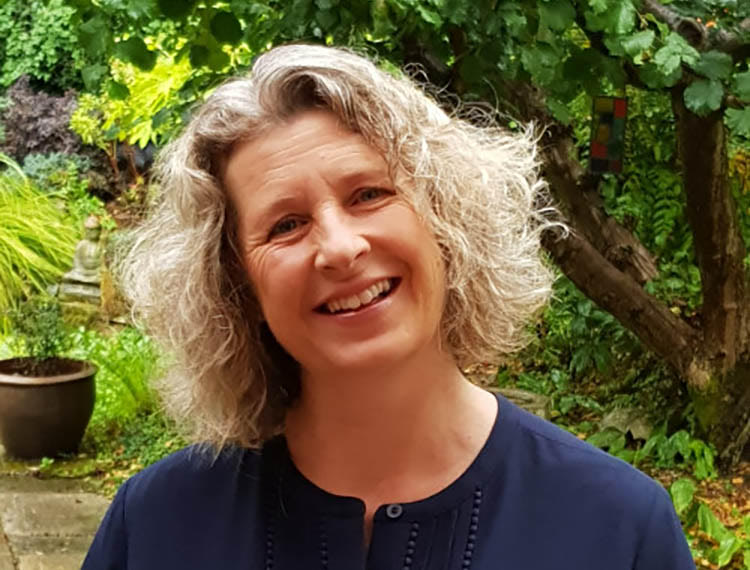Want to support your learners’ mental health? Look after your own wellbeing

Tips from mental health experts for #WorldMentalHealthDay 2020
The Charlie Waller Trust is one of the UK’s most respected mental health charities, dating back to 1997 after being founded in memory of Charlie Waller, a young man who took his own life whilst suffering from depression.
Charlie’s parents founded the Trust to ensure that young people are able to understand and look after their own mental health, spot the signs in others, and know how and where to access help. The Charlie Waller Trust believes there is so much parents and carers can do to help, but they need support and education about mental health to be able to look after their own and their child’s wellbeing.
The Trust has published a host of free resources for educators, employers, parents, young people and other interested in mental and emotional wellbeing on its website www.charliewaller.org.
The Trust’s information and support for parents and carers is underpinned by four principles:
- Look after your own wellbeing. This is vital in helping you support someone else;
- Educate yourself on mental health difficulties – it makes a big difference. It will help you to cope yourself, and it will better enable you to understand and support others;
- There is hope. Remember this. There are practical tools and treatments that work and our knowledge of children’s and young people’s mental health is advancing all the time;
- You are not alone, despite how it may sometimes feel. There are many, many people going through similar difficulties, and help is available.”
Identifying someone who’s struggling with mental health is often the most important part in getting them help.
- The Trust’s warning signs resource, which highlights things like decreased energy, changes in mood and appetite, and feelings of helplessness, can be shared to help students, employers and educators to spot struggling youth during isolation. As well as knowing when to ask for help, it’s important to know when and how to give it. The Trust advises young people to find a quiet time to talk to friends about how they’re really feeling and when to take the next steps can make a world of difference.
It’s hard to know how to support student’s and young people’s mental health, particularly as they simultaneously deal with moving away from home and potential lockdowns.
- The Charlie Waller Trust is home to a host of recognised experts in children’s and young people’s mental health, and we aim to impart information to parents and carers through training sessions. We believe it’s important to highlight to young people that help-seeking is not a sign of weakness, and that it is a sign of strength. Letting them know it’s okay if they want to speak to someone else is a powerful indication of trust and that you will not dismiss their feelings.
- It’s natural for students to feel anxious during this challenging period – no generation of students has ever experienced these circumstances. That’s why we know the importance of helping students manage their anxiety and depression through practising mindfulness. Mindfulness has been shown to reduce stress levels, and the moment you begin to consciously think about what you’re thinking, how you’re behaving, and pay attention to your feelings, you can become aware of and change your emotional state. The tips on how to practise mindfulness on our website: offer simple practices students can begin, including breathing techniques such as 7/11 breathing whereby you breathe in for the count of 7 and out for the count of 11.
Clare Stafford, CEO of The Charlie Waller Trust
Clare has worked as a senior manager in mental health for over 25 years. The Charlie Waller Trust is one of the UK’s most respected mental health charities, supporting parents and carers of young people with mental health struggles. The work is led by recognised experts in children’s and young people’s mental health, all with first-hand experience of the challenges of caring for a child with mental health struggles.











Responses